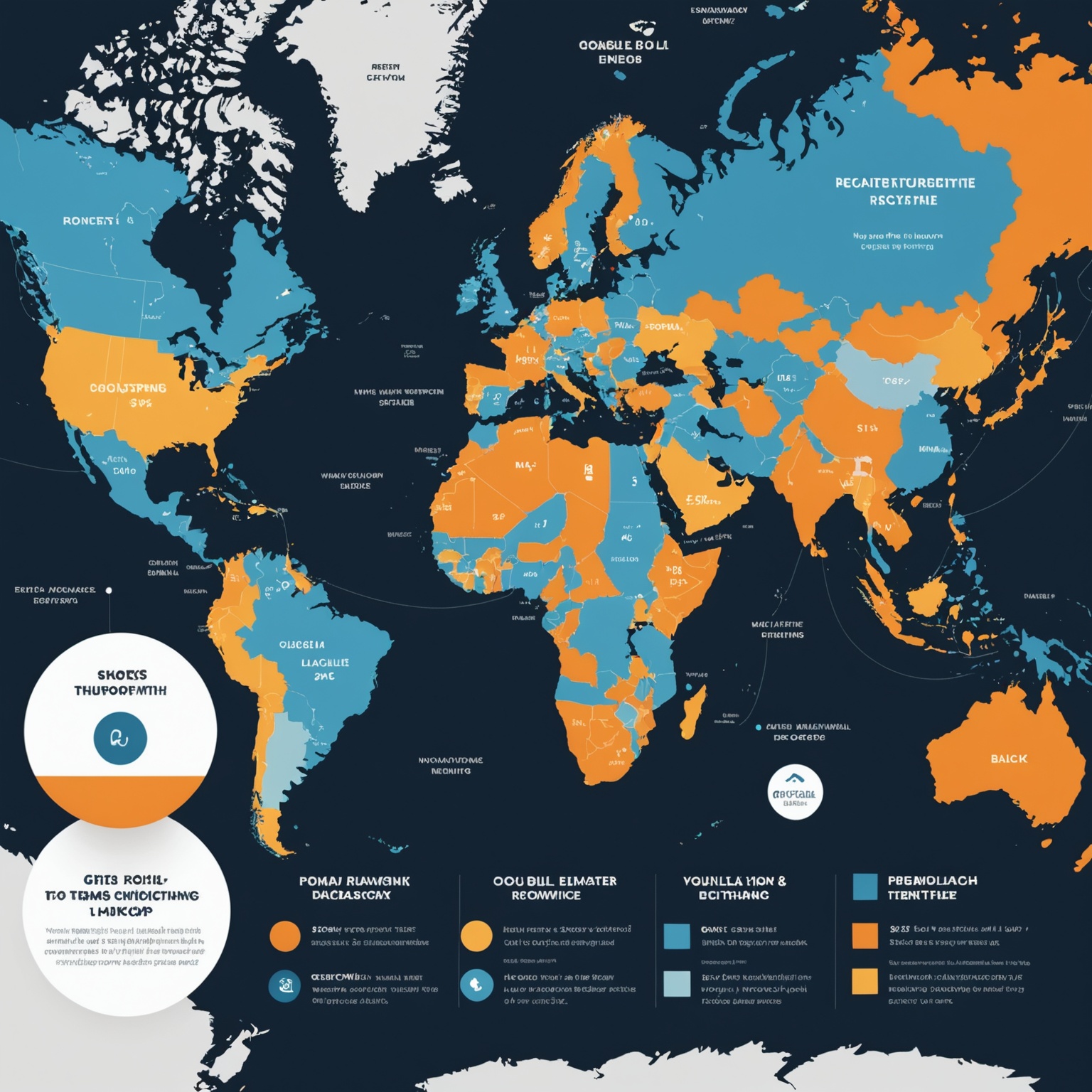The Surge of Remote Work: Economic Consequences in 2023

The Surge of Remote Work: Economic Consequences in 2023
The global workforce has seen a dramatic shift towards remote work, a trend accelerated by the COVID-19 pandemic and sustained by advances in technology and changing employee preferences. This shift is reshaping economic structures, influencing urban development, altering job markets, and impacting environmental sustainability. In this article, we explore the multifaceted economic consequences of the remote work revolution in 2023.
Impact on Global Job Markets
Remote work has democratized employment opportunities, allowing individuals to work for global companies without relocating. This has led to a more diverse talent pool but also increased competition among workers worldwide. Industries like tech, customer service, and digital marketing have seen a significant rise in remote job offerings, impacting wage dynamics and employment practices globally.
Moreover, remote work has also challenged traditional employment norms, encouraging freelancers and contract-based roles over full-time positions. This shift has implications for job security and benefits, pushing for changes in labor laws and employment protections.








